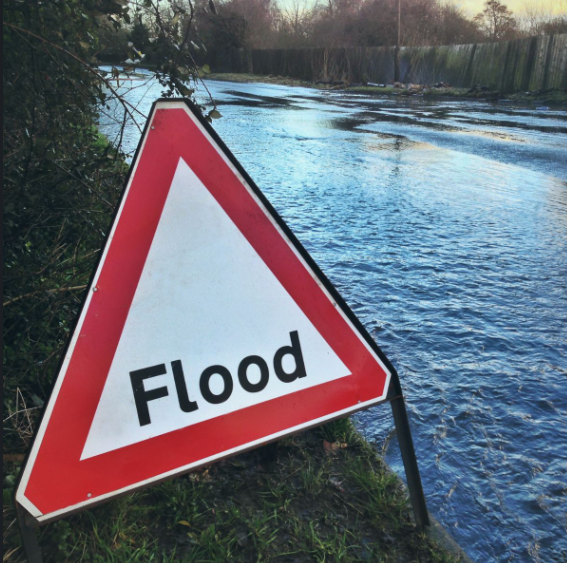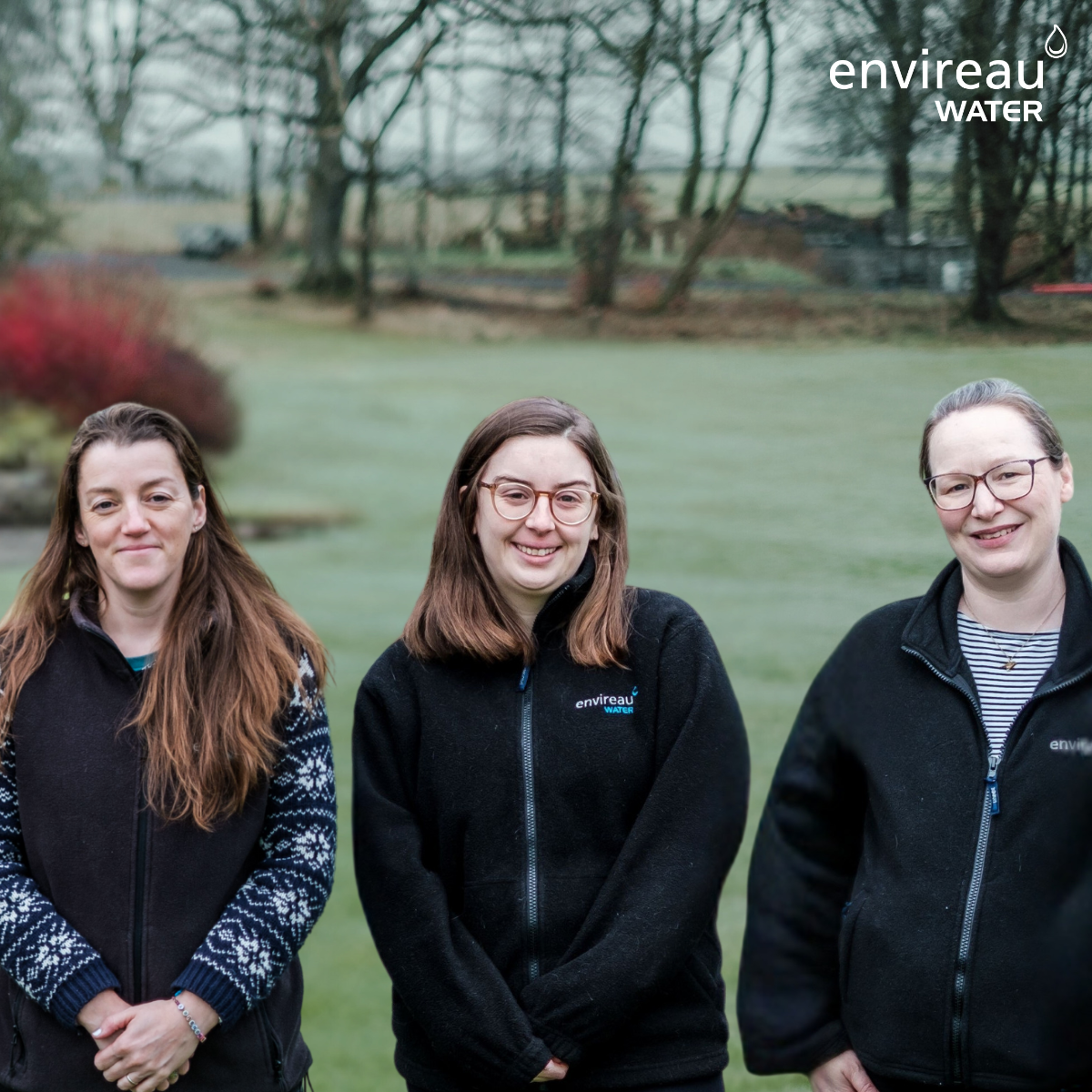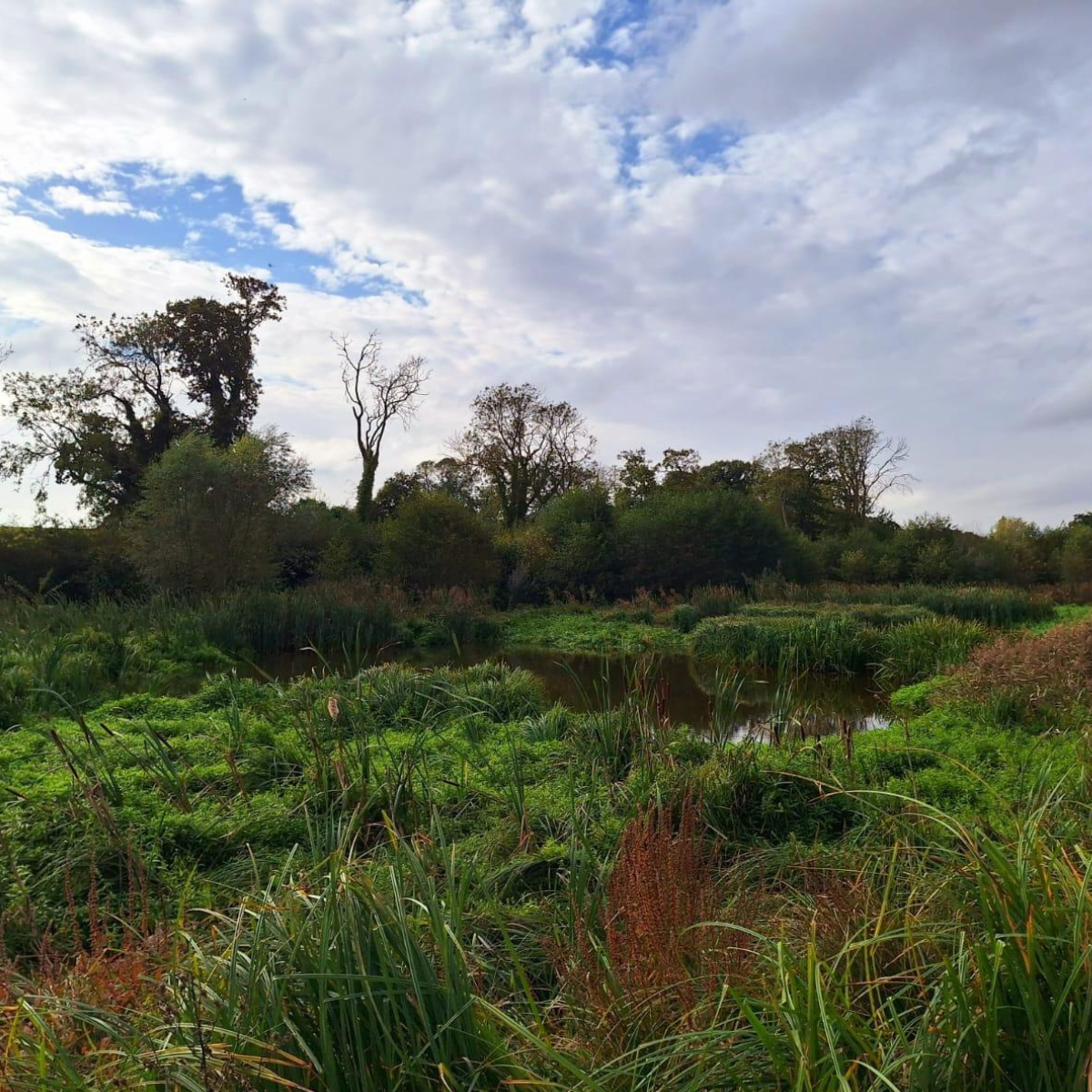Monitoring Abstraction for Agriculture
A SWIG webinar summary

On 1st July SWIG held their 4th webinar during the lockdown; part of a series which focused on the topical issue of water resources and the need for monitoring. We are pleased to have sponsored the event, helping to increase the awareness of the growing need for monitoring if we are to meet the goals of the Environment Bill 2020.
The Environment Bill 2020 sets the goals and aims for protection and improvement of the natural environment in the UK. One of the improvements is to deliver sustainable water resources, managing the resource so both humans and wildlife benefit. The bill highlights reforms of abstraction licensing to bring them in line with the 25-year environmental plan to restore water bodies to ‘as close to natural state’ as possible.
Who was involved?
SWIG brought together stakeholders from the Environment Agency, agricultural sector and the supply chain, providing a range of views to help create an understanding of why monitoring water abstraction in agriculture is crucial, as well as understanding the challenges the industry faces.
Matt Ellison from Wireless Innovation provided a strategic look at monitoring and data collection within Water Resources in Agriculture. He pointed out that both water quality and quantity need to be assessed when calculating water availability.
Environment Agency representatives, Paul Sadler and Sam Everitt, outlined the regulatory perspectives. Water resources available for a region require balancing between the needs of the environment and those of the people who live there. This requires resource planning, regulation, abstraction licensing and emergency response. Changes to planning, organisation and implementation of monitoring are influenced by climate changes, affordability and legislative change and societal expectations.
Paul Hammett, a National Water Specialist at the NFU, provided the agricultural perspective on monitoring abstraction for irrigation. With abstraction licenses for irrigation being highly regulated, along with the system being around 50 years old, Hammett pointed out it will be ill-equipped to cope with the increased future pressures of population growth and climate change. The government has proposed to reform abstraction licensing, enabling both protection to the environment as well as supporting businesses; Paul suggests a ‘real-time’ system to access water, rather than using past data to enable abstraction rights.
Darren Meaning from Siemens provided a comparison of different monitoring technology solutions for abstraction. These included the pros and cons of open channel flow monitoring using electromagnetic meters; and level and flow measurements using ultrasonic and mechanical meters. Following this, Darren discussed the benefits of using ‘smart’ monitoring devices connected to the cloud. Siemens MindSphere, which is one such system, allows users to come together to share data as a cooperative to provide an effective economy of scale to users.
Steven Howes also from Siemens, gave a live demonstration of the Siemens Store IQ application which enables users to visualise and monitor data in real-time, in a dashboard view.
James Dodds from Envireau Water provided some examples of how monitoring data could be used to ensure compliance with abstraction licences, aid renewal of licences and add value, such as: establishing baselines, improving energy efficiency, borehole performance, planning maintenance, drought forecasting and planning, management and negotiation, licence renewal and establishing an evidence base.
To round off the webinar, John Patrick from Sustainable Water Solutions talked though the Felixstowe Hydrocycle project and the need for early engagement with a wide stakeholder group. He also mentioned the importance of cooperation, economic and commercial considerations, funding challenges and working with the regulator.
Points taken from the webinar was the need for more collaboration between different stakeholders, sharing resources and developing better governance. Policies around water resources monitoring and management, responses to changes in water resources demand and supply also highlight the need for developed communication and collaborative working across the board.
What’s next?
Do you have a question? The Envireau Water team have a wide range of experience, designing and implementing monitoring schemes which are robust, practical and cost-efficient. We believe the key to reporting is to deliver appropriate periodic reports targeted to the needs of the site as well as meeting the regulators expectations. Get in touch with James on 01332 871 882 or email him at JamesDodds@envireauwater.co.uk for more information.







Let's Connect
Get in touch if you have any questions
Newsbite Sign Up
Receive monthly emails highlighting technical and regulatory updates
Join the Newsletter
Thank you for signing up! Keep an eye on your inbox on the last Friday of every month for our monthly newsletter.
There was an error sending your submission. Please try again or email us on info@envireauwater so we can add you to the list!
Let's Connect
Get in touch if you have any questions
Join the Newsletter
We will get back to you as soon as possible
Please try again later
Let's Connect
Get in touch if you have any questions
Join the Newsletter
We will get back to you as soon as possible
Please try again later



